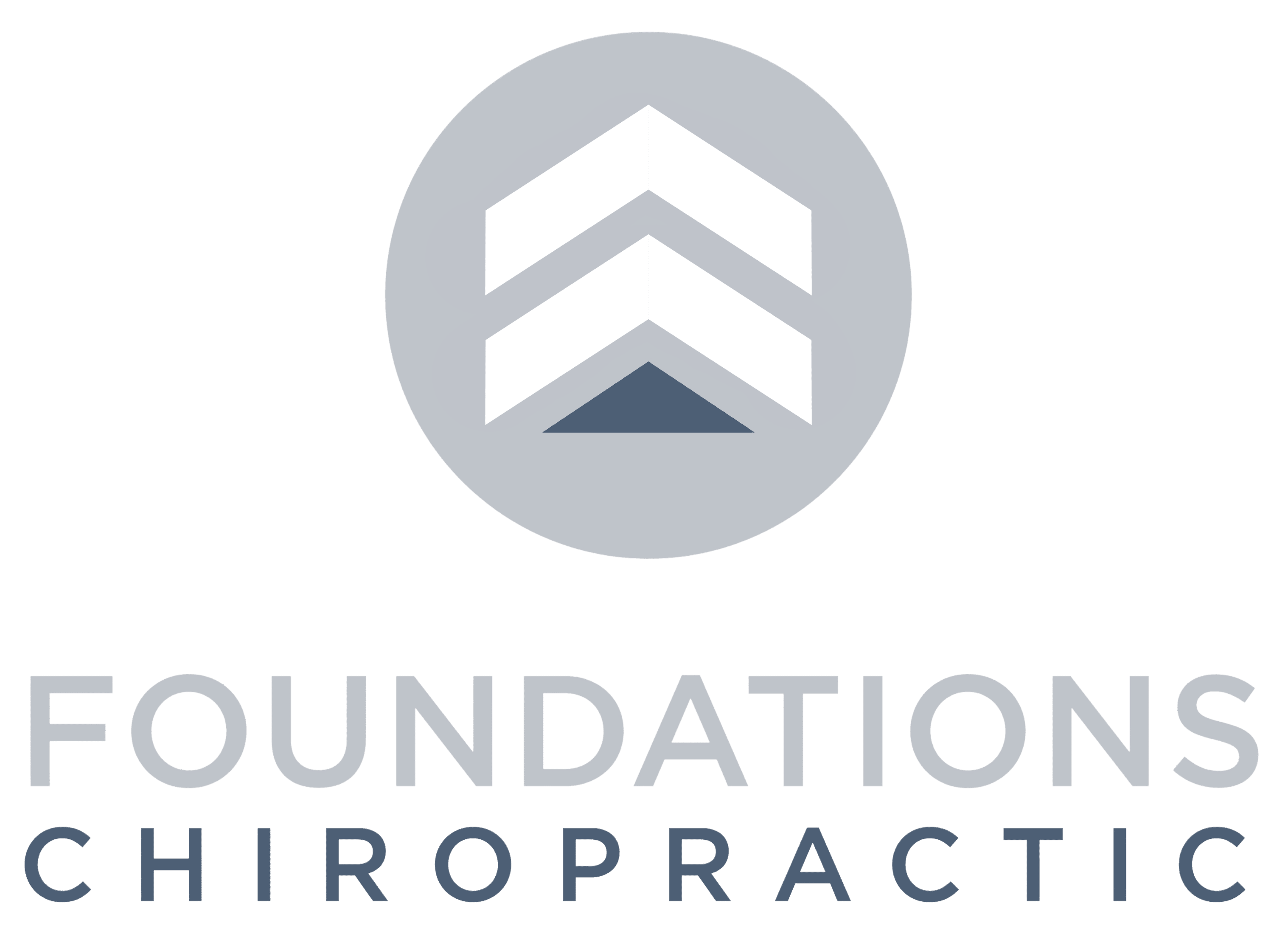Let’s be real—being a mom is a lot. From sunup to sundown, you’re juggling school drop-offs, meal prep, laundry, appointments, and keeping everyone fed, safe, and loved. Somewhere in the chaos, your needs tend to fall to the very bottom of the list.
If this feels familiar, you’re not alone. Motherhood is one of the most rewarding roles we’ll ever step into—but it’s also one of the most demanding. And for moms raising children with sensory, behavioral, or developmental challenges, that demand can feel even heavier.
That’s exactly why we created this “survival guide”—to offer a dose of grace, encouragement, and real-life tools to help you regulate, reset, and rise strong through the highs and lows of motherhood.
Understanding the Science Behind Mom Burnout
Motherhood doesn’t just challenge us emotionally—it affects us on a deep physical and neurological level too. Constant stress, hormonal shifts, sleep disruptions, and endless responsibilities can push your nervous system into overdrive.
This often shows up as adrenal fatigue—when the stress-response system becomes so overworked that your body can’t keep up. You may feel anxious, wired but tired, and stuck in “go-go-go” mode, even when it’s quiet.
And when sleep is poor, caffeine becomes the crutch—but that morning cup of coffee isn’t fixing the real issue. It’s just putting a temporary band-aid on a deeper imbalance: a nervous system that’s stuck in stress mode.
Your Survival Toolkit: Small Shifts for Big Impact
Here are some simple, realistic steps you can take to support your health and nervous system—without overhauling your entire life:
1. Prioritize Rest (Yes, Really)
Sleep is not a luxury—it’s essential. Aim for 7–8 hours of consistent, quality sleep by creating a calming evening routine—phone off, lights low, brain slowing down.
2. Fuel with Purpose
Start your day with protein first—before coffee. It helps balance blood sugar, stabilize energy, and support hormone health. Think: eggs, Greek yogurt, nut butter, or a quick smoothie.
3. Ask for Help Without Guilt
You weren’t meant to do this alone. Whether it’s your partner, a friend, or a family member, let others carry some of the load so you can rest and reset.
4. Take Micro-Moments of Self-Care
Self-care doesn’t have to be an hour at the spa. Take 10 minutes to stretch, step outside for fresh air, take a hot shower or journal. These little breaks help your brain regulate and reset.
Nervous System First—Why It’s the Foundation
Here’s the truth: you can do all the right things (eat well, sleep, delegate, exercise)—but if your nervous system is stuck in stress mode, those things won’t land the way they’re meant to.
Your nervous system has two gears:
- Sympathetic (fight-or-flight) – the gas pedal
- Parasympathetic (rest + regulate) – the brake pedal
Both are essential—but moms often get stuck with the gas pedal jammed down. You’re constantly on alert, even when there’s no emergency, and your body forgets how to shift into rest-and-repair mode. That’s where chronic exhaustion sets in.
At Foundations Chiropractic, we help moms get out of chronic “survival mode” and into a space of calm, adaptability, and strength—where your body can actually rest, restore, and respond with resilience.
Let’s Get You Back to You
You were never meant to pour from an empty cup. Let’s refill yours—starting with your nervous system.
Our CLA INSiGHT Scans are safe, painless, and non-invasive—they allow us to see if your nervous system is stuck in stress mode. With that data, our Docs create a customized care plan that meets you right where you are—exhausted, overwhelmed, and ready for a change.
Schedule your INSiGHT Scan today and take the first step toward less stress, more rest, and a nervous system that can finally breathe.

